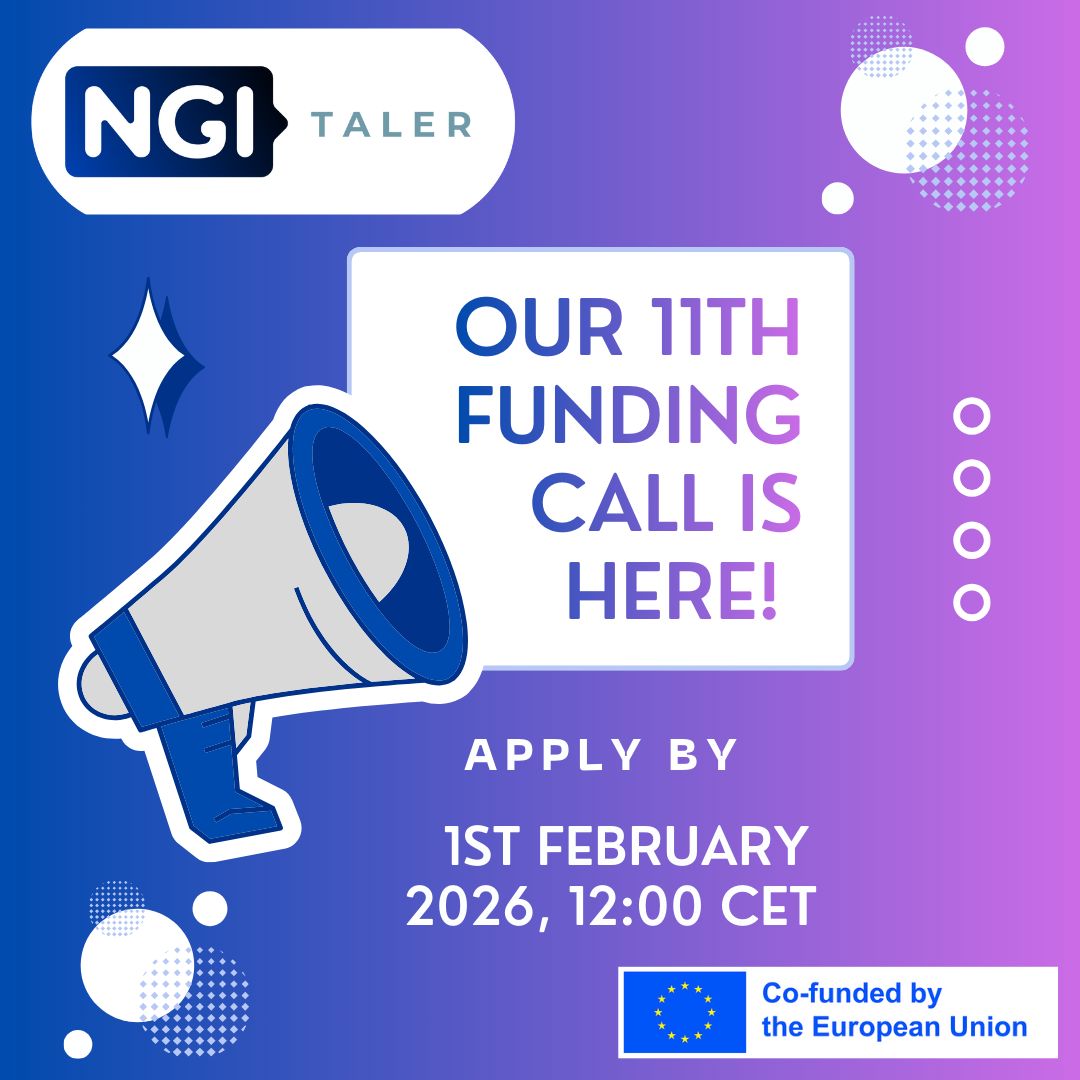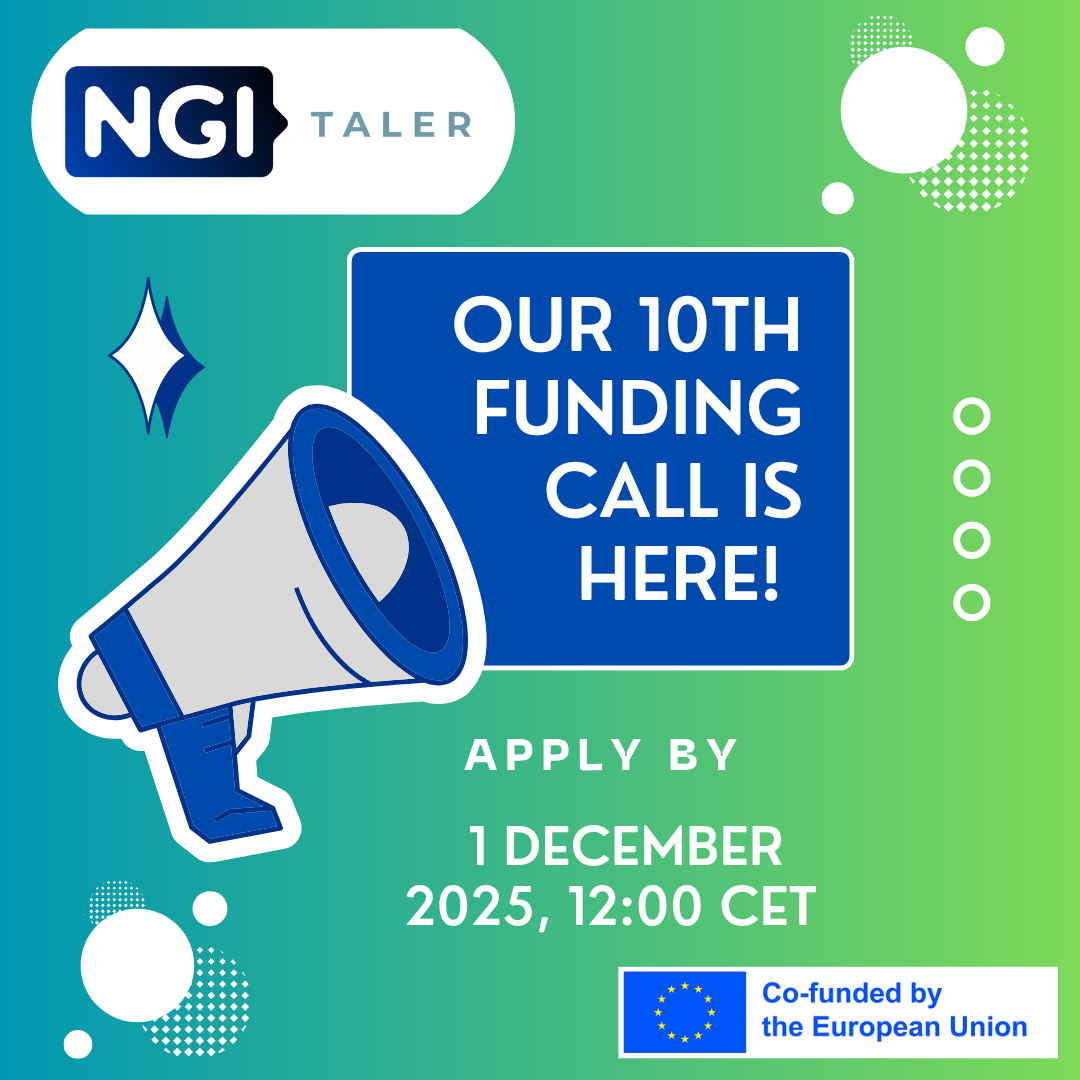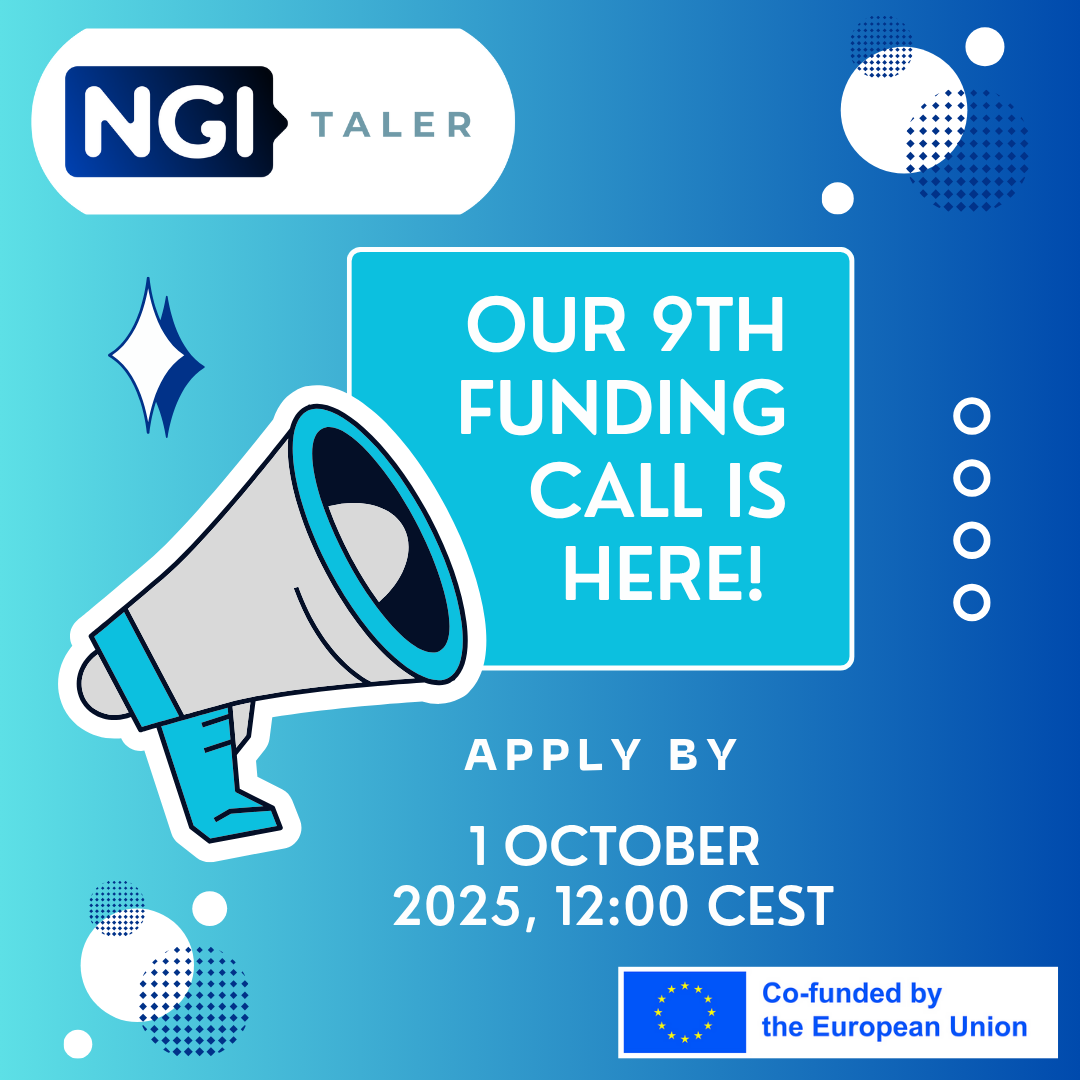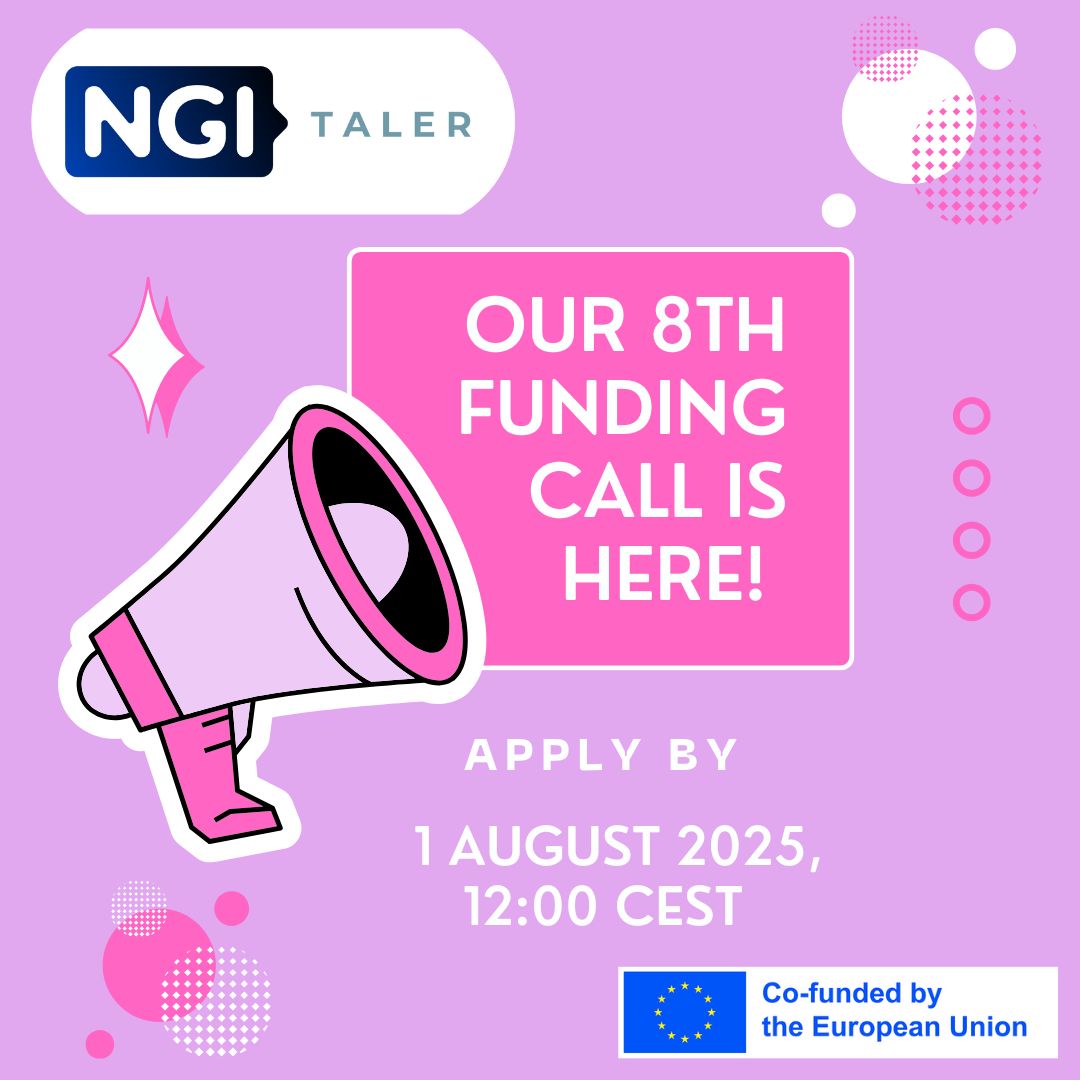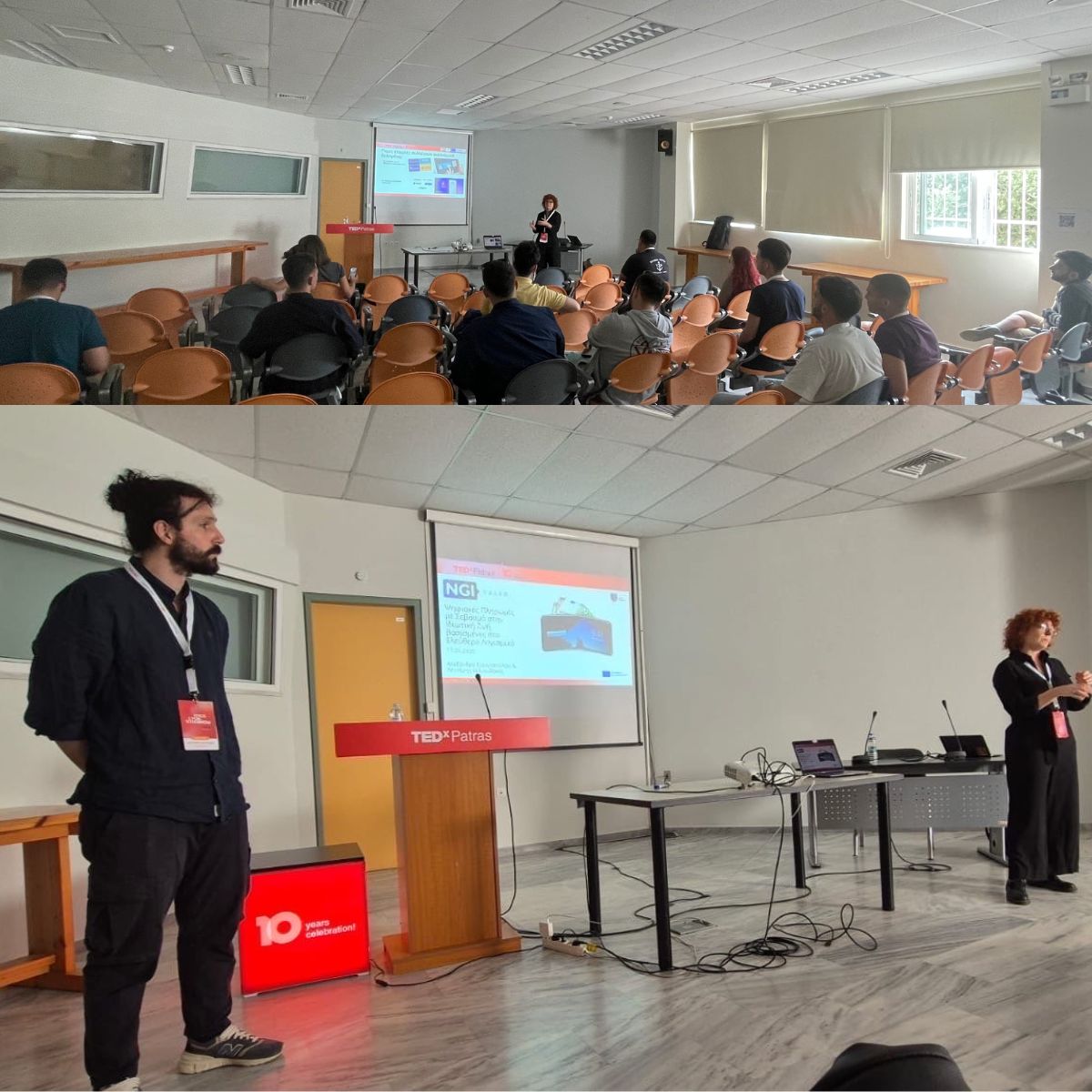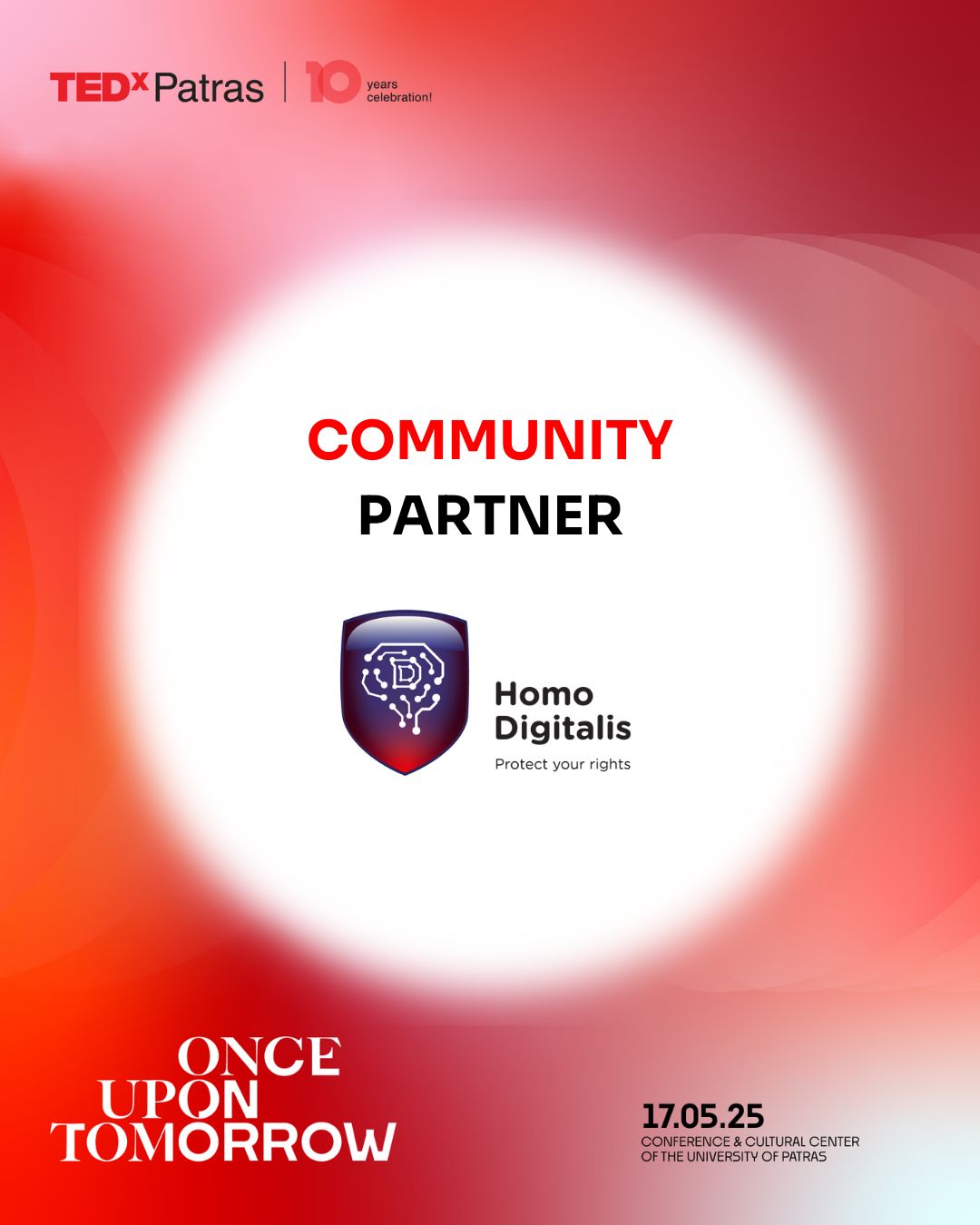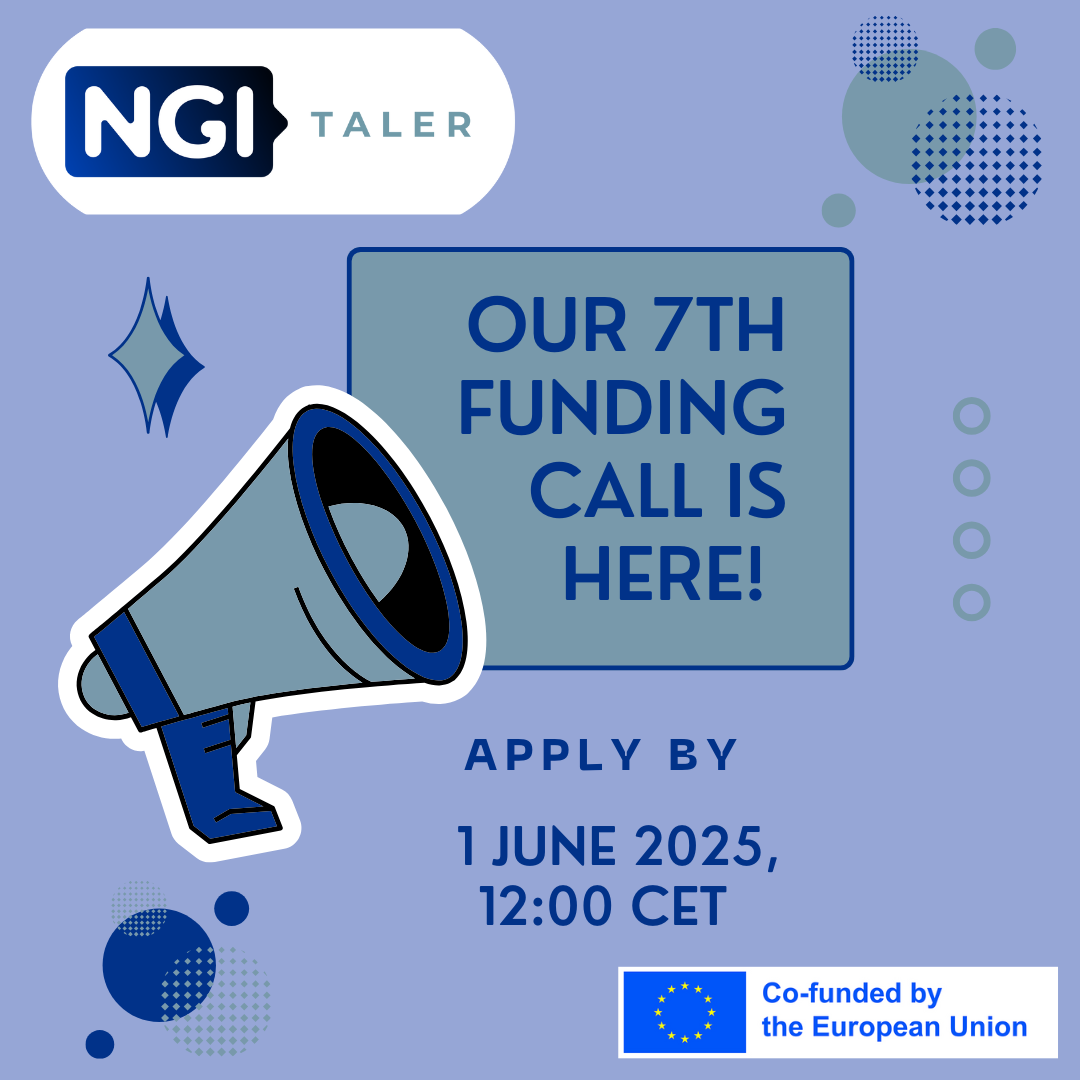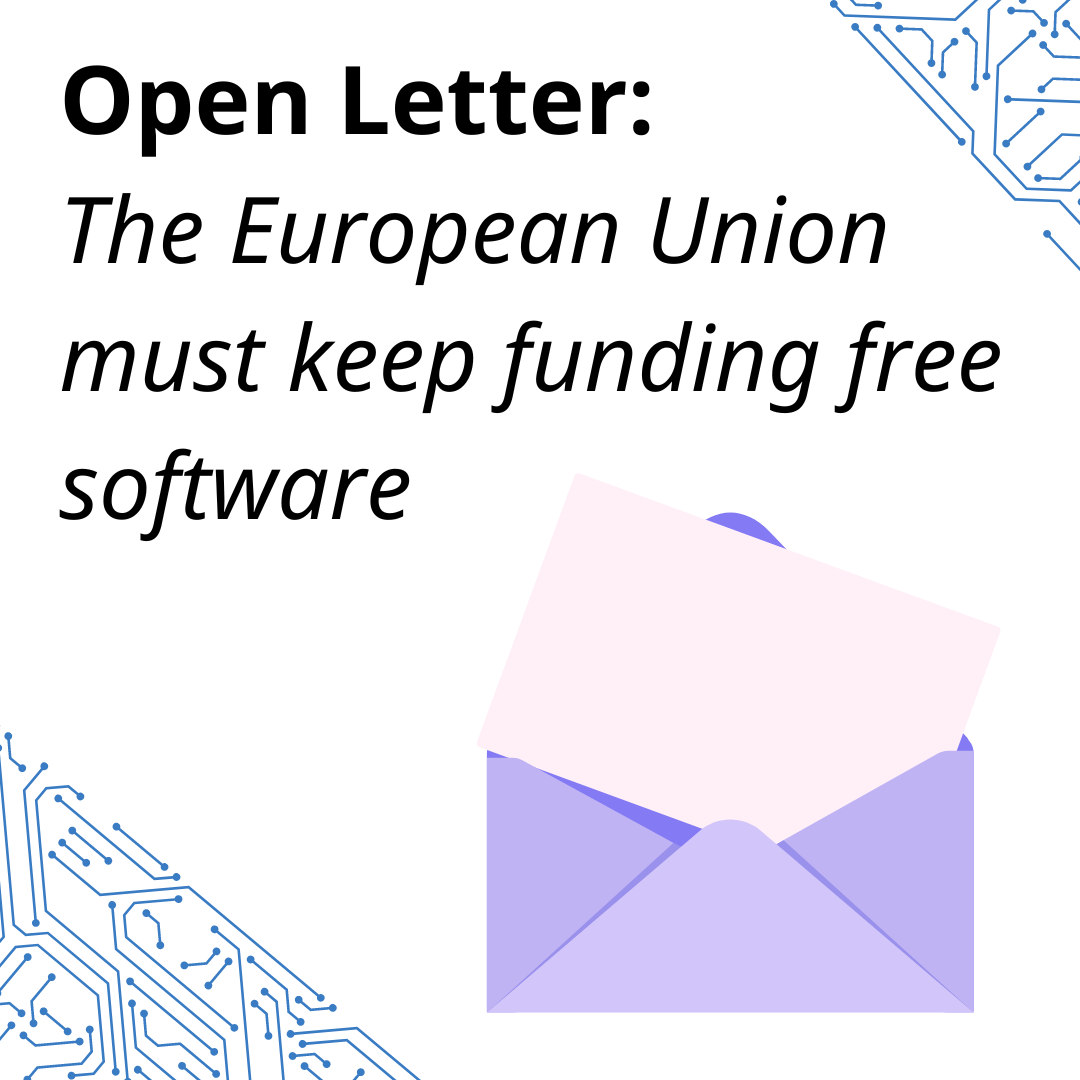The 11th NGI TALER Open Call for funding is here! Help us spread the word!
Do you have a groundbreaking idea for free/libre software and privacy-preserving projects that support the mission of NGI TALER? Missed the first nine funding calls? No problem!
The 11th Open Call for funding launched on December 1, 2025, and you have about two months to apply! The deadline is February 1, 2026, at 12:00 noon (Central European Time).
We are looking for proposals that will revolutionize digital payment systems and contribute to an open, trustworthy, and secure internet for all.
We offer funding ranging from €5,000 to €50,000! Whether you are an SME, academic, public body, non-profit organization, community, or individual, we want to hear your innovative ideas!
You can strengthen GNU Taler through:
Development of supporting tools,
User experience improvements,
Integrations with FOSS applications,
Infrastructure enhancements (e.g. subsystems for merchants), and much more!
For more information about this and other calls of NGI – The Next Generation Internet, visit its website.
Read the full Call, the Guide for Applicants, the Eligibility Criteria, the FAQs, and submit your application on the NLnet Foundation website.
Join the TALER Integration Community Hub (TALER ICH) developed by petites singularités to ask questions and network.
Need inspiration? Check out 17 successful projects already collaborating with us here.
The 10th Open Call for Funding of NGI TALER is here!
A short intro about NGI TALER
The NGI TALER project is funded as a pilot under the NGI initiative within the European Commission’s Horizon Europe research funding program. It is operated by a consortium of 11 partners from 8 European countries (Belgium, France, Germany, Greece, Hungary, Luxembourg, Switzerland and The Netherlands) with the mandate to roll out an innovative, best-in-class electronic payment system that benefits everyone: end-consumers, merchants, banks, financial authorities, auditors and anti-corruption researchers! The project builds upon the strong foundations of GNU Taler — the privacy-preserving digital payment system developed by the GNU community and Taler Systems SA with support from the NGI initiative. Read more on NGI TALER’s website, here.
What is this funding call about?
Part of the budget of NGI TALER is reserved for open calls to fund additional free software efforts that are aligned with the topics and approach of NGI TALER. We invite your contributions to help reshape the state of play of digital payment systems, and to help create an open, trustworthy and reliable internet for all! You can contribute exciting new capabilities to GNU Taler itself, build auxiliary tools or work on user experience, but you could also be developing integrations into FOSS applications and open standards, or work on improvements to infrastructure components like merchant back-ends. See more info about the wide range of activities that qualify for financial support and the eligibility criteria here.
How to apply?
The open call is open since 01/10/2025 and the deadline to submit your application is December 1st, 2025, 12:00 CET! You can apply only with proposals between 5.000 and 50.000 euro (60.000 euro is the cumulative absolute hard limit for any applicant for the program). To apply you need to fill in a specific form! From our end we will provide a transparent and efficient selection process. More info in the links below:
The 9th NGI TALER funding Open Call is here!
08/08/2025
The ninth funding call of NGI TALER is here! Make sure to apply until October 1st 2025 12:00 CEST (noon)
A short intro about NGI TALER
The NGI TALER project is funded as a pilot under the NGI initiative within the European Commission’s Horizon Europe research funding program. It is operated by a consortium of 11 partners from 8 European countries (Belgium, France, Germany, Greece, Hungary, Luxembourg, Switzerland and The Netherlands) with the mandate to roll out an innovative, best-in-class electronic payment system that benefits everyone: end-consumers, merchants, banks, financial authorities, auditors and anti-corruption researchers! The project builds upon the strong foundations of GNU Taler — the privacy-preserving digital payment system developed by the GNU community and Taler Systems SA with support from the NGI initiative. Read more on NGI TALER’s website, here.
What is this funding call about?
Part of the budget of NGI TALER is reserved for open calls to fund additional free software efforts that are aligned with the topics and approach of NGI TALER. We invite your contributions to help reshape the state of play of digital payment systems, and to help create an open, trustworthy and reliable internet for all! You can contribute exciting new capabilities to GNU Taler itself, build auxiliary tools or work on user experience, but you could also be developing integrations into FOSS applications and open standards, or work on improvements to infrastructure components like merchant back-ends. See more info about the wide range of activities that qualify for financial support and the eligibility criteria here.
How to apply?
The open call is open since 01/08/2025 and the deadline to submit your application is October 1st, 2025, 12:00 CEST! You can apply only with proposals between 5.000 and 50.000 euro (60.000 euro is the cumulative absolute hard limit for any applicant for the program). To apply you need to fill in a specific form! From our end we will provide a transparent and efficient selection process. More info in the links below:
The 8th NGI TALER Open Call for Funding is Here! Help Us Spread the Word!
Do you have a groundbreaking idea for a free software or privacy-enhancing project that supports the mission of NGI TALER? Did you miss the first seven funding calls? No problem!
The 8th Open Call for funding launched on June 1, 2025, and you have about two months to apply! The deadline is August 1, 2025, at 12:00 noon (Central European Time).
We are looking for proposals that will revolutionize digital payment systems and contribute to an open, trustworthy, and secure internet for all.
Funding amounts range from €5,000 to €50,000! Whether you’re an SME, academic, public institution, non-profit, community group, or individual, we want your innovative ideas!
You can support GNU Taler by:
Developing supporting tools,
Improving user experience,
Integrating with free/open source applications,
Strengthening infrastructure (e.g., merchant subsystems),
And much more!
For more information about this and other calls by NGI – The Next Generation Internet, visit their website.
Read the full Call for Proposals, the Applicant Guide, the Eligibility Criteria, the FAQ, and submit your application through the NLnet Foundation website.
Join the TALER Integration Community Hub (TALER ICH) developed by petites singularités, to ask questions and connect with others.
Need inspiration? Check out 14 successful projects already working with us here.
Homo Digitalis Successfully Participates in TEDxPatras Representing NGI TALER
On May 17, Homo Digitalis had the great honor of participating in TEDxPatras at the Conference and Cultural Center of the University of Patras, proudly representing NGI TALER!
We delivered a 40-minute workshop, during which we had the opportunity to discuss digital payments, business models that track consumer behavior for profit, the relevant legal framework, and the importance of reshaping the future of digital payments with a focus on privacy protection and promoting free software solutions like GNU TALER (Taler Systems S.A.).
Our presentation also highlighted the ongoing funding calls under the NGI TALER project, as well as the academic materials that have been developed and are freely available on the NGI TALER website.
Alexandra Giannopoulou and Eleftherios Chelioudakis represented Homo Digitalis at this event.
We warmly thank the organizers for the opportunity to participate!
Homo Digitalis at TEDx Patras
TEDxPatras returns for its 10th anniversary edition, bringing to the forefront powerful ideas, innovative approaches, and experiences that reshape the way we view the future, under the theme “Once Upon Tomorrow.”
On Saturday, May 17, 2025, the Conference and Cultural Center of the University of Patras will host the largest TEDxPatras event to date, featuring a unique program that includes renowned speakers, interactive workshops, networking hubs, and original experiences for all participants.
Homo Digitalis is proud to participate in this year’s event as a Community Partner, and we are excited to be hosting a dedicated workshop presenting the mission of NGI TALER!
The goal of the workshop is to explain the challenges in digital payments and the solutions offered by the NGI TALER payment tool, as well as to highlight funding opportunities available through the NGI – Next Generation Internet programs.
Our representatives at the event will be Eleftherios Chelioudakis and Alexandra Giannopoulou.
We warmly thank the organizing team for the kind invitation and the great collaboration!
Book your ticket here.
More information about the workshop available here.
The European Union must keep funding free software
Open Letter to the European Commission.
Since 2020, Next Generation Internet (NGI) programmes, part of European Commission’s Horizon programme, fund free software in Europe using a cascade funding mechanism (see for example NLnet’s calls). This year, according to the Horizon Europe working draft detailing funding programmes for 2025, we notice that Next Generation Internet is not mentioned any more as part of Cluster 4.
NGI programmes have shown their strength and importance to supporting the European software infrastructure, as a generic funding instrument to fund digital commons and ensure their long-term sustainability. We find this transformation incomprehensible, moreover when NGI has proven efficient and economical to support free software as a whole, from the smallest to the most established initiatives. This ecosystem diversity backs the strength of European technological innovation, and maintaining the NGI initiative to provide structural support to software projects at the heart of worldwide innovation is key to enforce the sovereignty of a European infrastructure.
Contrary to common perception, technical innovations often originate from European rather than North American programming communities, and are mostly initiated by small-scaled organizations.
Previous Cluster 4 allocated 27 million euros to:
- “Human centric Internet aligned with values and principles commonly shared in Europe” ;
- “A flourishing internet, based on common building blocks created within NGI, that enables better control of our digital life” ;
- “A structured ecosystem of talented contributors driving the creation of new internet commons and the evolution of existing internet commons”.
In the name of these challenges, more than 500 projects received NGI funding in the first 5 years, backed by 18 organisations managing these European funding consortia.
NGI contributes to a vast ecosystem, as most of its budget is allocated to fund third parties by the means of open calls, to structure commons that cover the whole Internet scope – from hardware to application, operating systems, digital identities or data traffic supervision. This third-party funding is not renewed in the current program, leaving many projects short on resources for research and innovation in Europe.
Moreover, NGI allows exchanges and collaborations across all the Euro zone countries as well as “widening countries” [1:1], currently both a success and an ongoing progress, likewise the Erasmus programme before us. NGI also contributes to opening and supporting longer relationships than strict project funding does. It encourages implementing projects funded as pilots, backing collaboration, identification and reuse of common elements across projects, interoperability in identification systems and beyond, and setting up development models that mix diverse scales and types of European funding schemes.
While the USA, China or Russia deploy huge public and private resources to develop software and infrastructure that massively capture private consumer data, the EU can’t afford this renunciation.
Free and open source software, as supported by NGI since 2020, is by design the opposite of potential vectors for foreign interference. It lets us keep our data local and favors a community-wide economy and know-how, while allowing an international collaboration.
This is all the more essential in the current geopolitical context: the challenge of technological sovereignty is central, and free software allows addressing it while acting for peace and sovereignty in the digital world as a whole.
